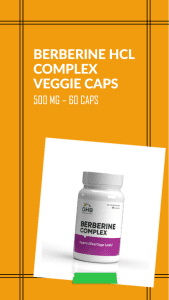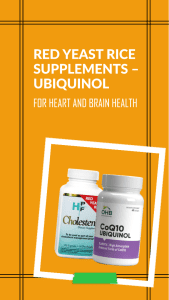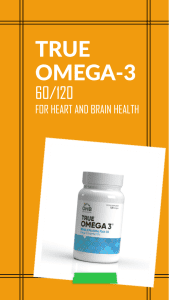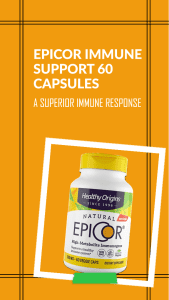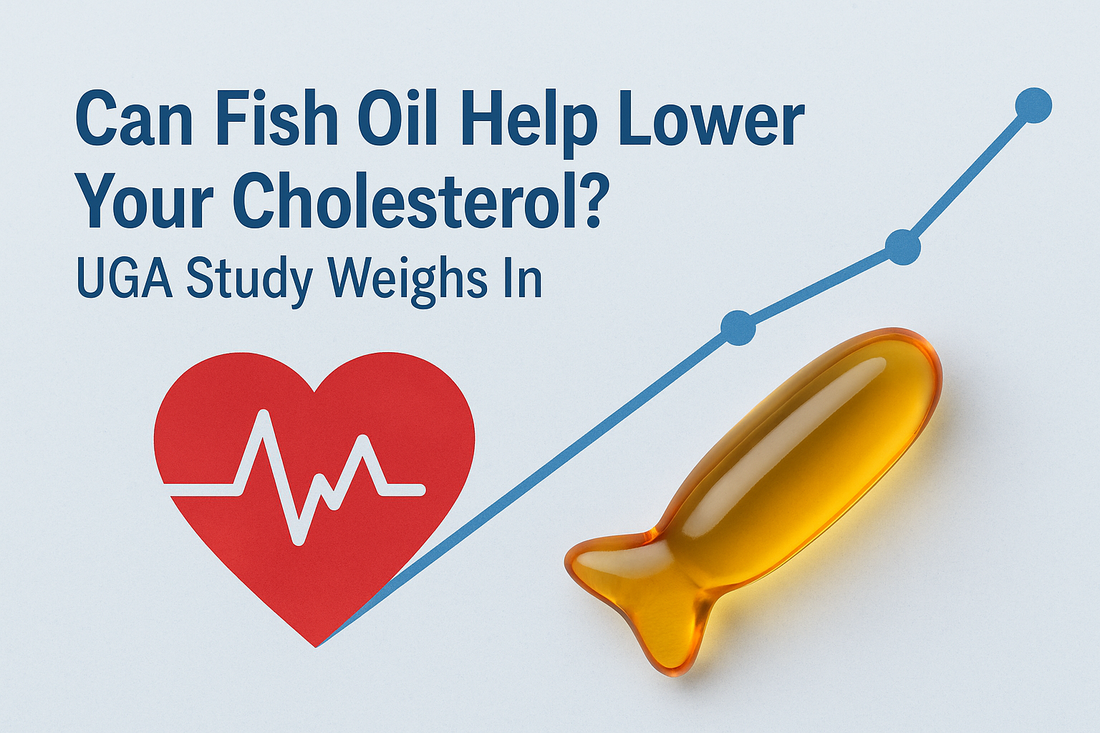
Share
Welcome, heart heroes and cholesterol warriors! 👋 If you’ve ever wondered whether that bottle of fish oil in your cabinet is really helping your health—or if it’s just another squishy capsule of hope—you’re in the right place. There’s been a lot of talk about omega-3s, so let’s look at the facts. A new study from the University of Georgia (UGA) might just give us some answers. Ready to dive in like a salmon swimming upstream?
Understanding Cholesterol
Before we talk about fish oil, let’s talk about cholesterol—what it is and why it matters.
Cholesterol is a waxy, fat-like substance in your blood. Your body needs some cholesterol to work properly, but too much of the wrong kind can lead to serious health problems like heart attacks or strokes.
There are three main types of cholesterol to know about:
- LDL (Low-Density Lipoprotein) – Often called “bad” cholesterol. It can build up in your arteries and cause blockages.
- HDL (High-Density Lipoprotein) – Known as “good” cholesterol. It helps carry away the bad stuff.
- Triglycerides – Not exactly cholesterol, but still important. High levels can raise your risk of heart disease.
Keeping your cholesterol at healthy levels lowers your risk for:
- Heart disease
- Stroke
- Peripheral artery disease
- High blood pressure
Here are the top factors that can raise your cholesterol:
- Poor diet (think fast food and fried snacks)
- Sedentary lifestyle (not moving enough)
- Smoking
- Genetics
- Obesity
- High sugar intake
- Diabetes
- Age (especially after age 45)
- Gender (women after menopause may see increased LDL)
- Certain medical conditions (like thyroid or kidney issues)
What Is Fish Oil?
Fish oil is more than just an old-school supplement. It’s popular for a reason!
Fish oil contains omega-3 fatty acids. These healthy fats can reduce inflammation, protect your heart, and support your brain. Some people even say they feel more focused taking it (although it won’t turn you into a superhero overnight!).
There are three main types of omega-3s:
- EPA (Eicosapentaenoic Acid) – Great for heart health
- DHA (Docosahexaenoic Acid) – Good for brain function
- ALA (Alpha-linolenic Acid) – Found in plants like flaxseed and chia, but your body has trouble using it effectively
Here are 10 fish that are rich in omega-3s:
- Mackerel
- Salmon
- Sardines
- Anchovies
- Cod liver (also has vitamins A and D)
- Tuna (but go easy because of mercury)
- Herring
- Halibut
- Trout
- Krill
The UGA Study: What Did It Find?
The University of Georgia wanted to answer a big health question: Does fish oil really lower cholesterol?
Here’s what the study looked like:
- Participants: Over 1,000 adults with different levels of heart risk
- Length: 6 months
- Type of study: Double-blind (neither the doctors nor the participants knew who got the real fish oil)
Here’s what they found:
- Triglyceride levels dropped the most, especially in people who had high levels to begin with.
- HDL (good cholesterol) went up slightly—not a huge change, but still good news.
- LDL (bad cholesterol) didn’t change much, unless people took higher doses.
- People with poor heart health to start with saw better results.
- Higher doses (around 2,000 mg or more of EPA and DHA) worked best.
So what does this mean? Fish oil might not cure all cholesterol problems, but it can definitely help with triglycerides and give your good cholesterol a little boost.
How Does UGA’s Study Compare to Other Research?
This wasn’t the first study on fish oil, and it likely won’t be the last. But the results match up with what other scientists have found:
- The American Heart Association says omega-3s help lower triglycerides, especially in prescription form.
- A 2021 meta-analysis in JAMA showed similar benefits—mostly for triglycerides, and to a smaller extent HDL.
- NIH studies showed results depend on how much you take and your starting health.
- Cochrane Reviews found that omega-3s help a little with heart health—not a miracle, but still helpful.
- Some prescription fish oils (like pure EPA) lower LDL more than regular fish oil from the store.
The big takeaway? Omega-3s work best when they’re high-quality, taken regularly, and part of a healthy lifestyle.
What Affects How Fish Oil Works?
Not all fish oil is the same. Some brands may not help much, and some can even contain harmful stuff. Here’s what makes a difference:
1. Dosage
Look for 1,000–2,000 mg of combined EPA and DHA each day. Prescription versions may be even stronger.
2. Purity
Choose brands that do third-party testing for quality and safety. Be sure the oil is fresh—old fish oil can go bad.
3. Form
The triglyceride form is easiest for your body to use. Look for “natural triglyceride” or “re-esterified triglyceride” on the label.
4. Fish Source
Fish from cold, deep waters usually have more omega-3s and fewer contaminants.
5. Diet
Eating healthy fats (like in avocado and nuts) helps your body absorb fish oil better.
6. Timing
Take it with a meal that contains fat for the best results.
7. Genetics
Some people naturally respond better—or worse—because of their genes.
8. Lifestyle
Smoking, heavy drinking, and lack of exercise can cancel out the good effects.
9. Consistency
You’ll get the best outcome if you take it regularly. Fish oil works over time—not overnight.
10. Starting Health
People with high triglycerides or certain health issues often benefit the most.
What We Recommend at Optimal Health Bridge
At Optimal Health Bridge, we believe in fish oil that really works. That’s why our omega-3 supplements offer:
- High levels of EPA and DHA
- Third-party testing for safety
- Sustainable sourcing
- Gentle on your stomach (no fishy burps!)
- Clear labels with no hidden ingredients
Your heart is more than just a muscle—it powers your energy, your feelings, your life. Whether you’re new to fish oil or have used it for years, the right one can make a big difference.
The Verdict: Is Fish Oil Worth It?
Can fish oil help lower cholesterol? Based on the UGA study and other research, here’s a simple answer:
- Yes – It’s helpful for lowering triglycerides, raising HDL, and supporting heart health.
- Maybe – For LDL, it may help a little, especially in higher doses and with other lifestyle changes.

